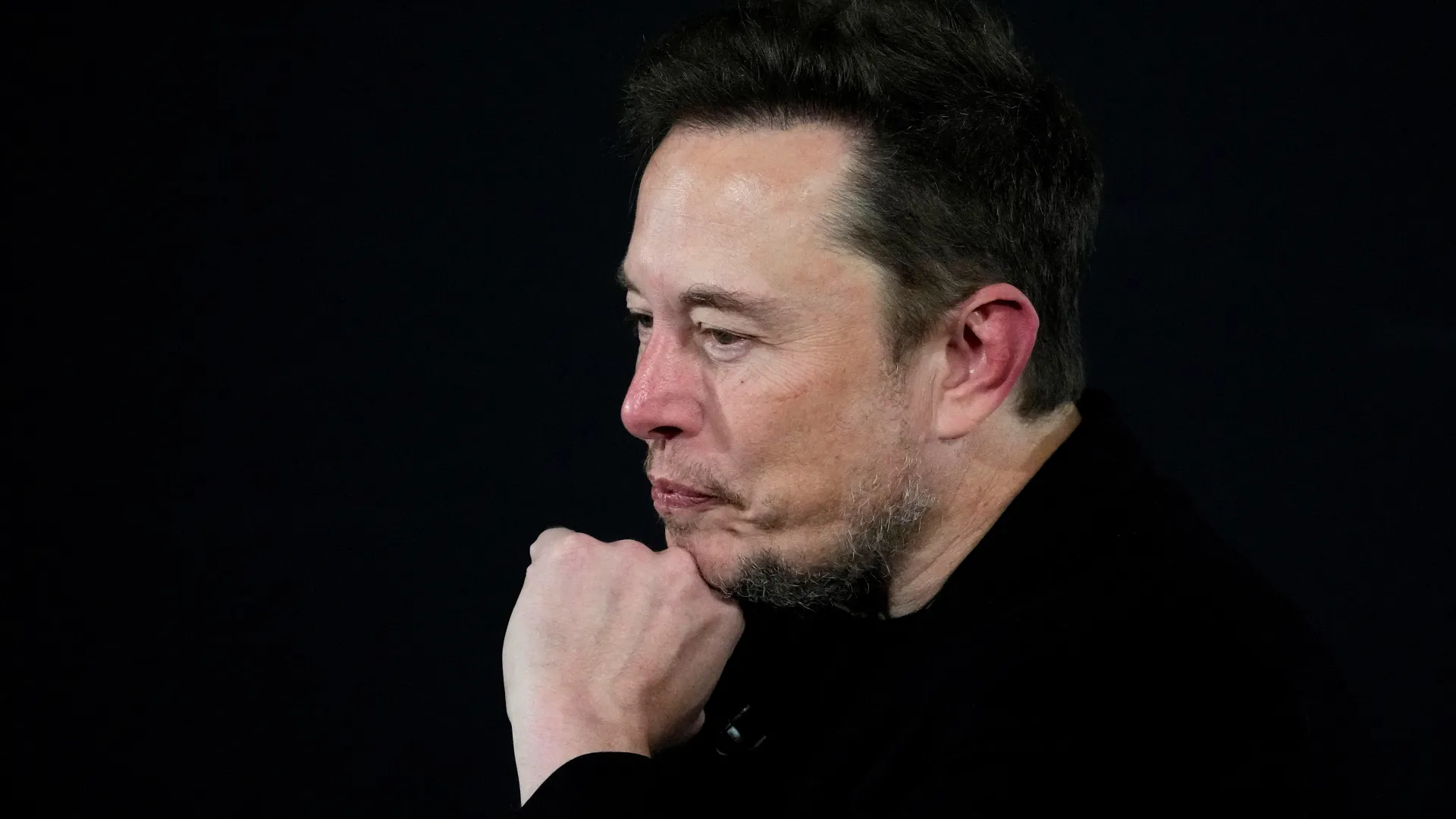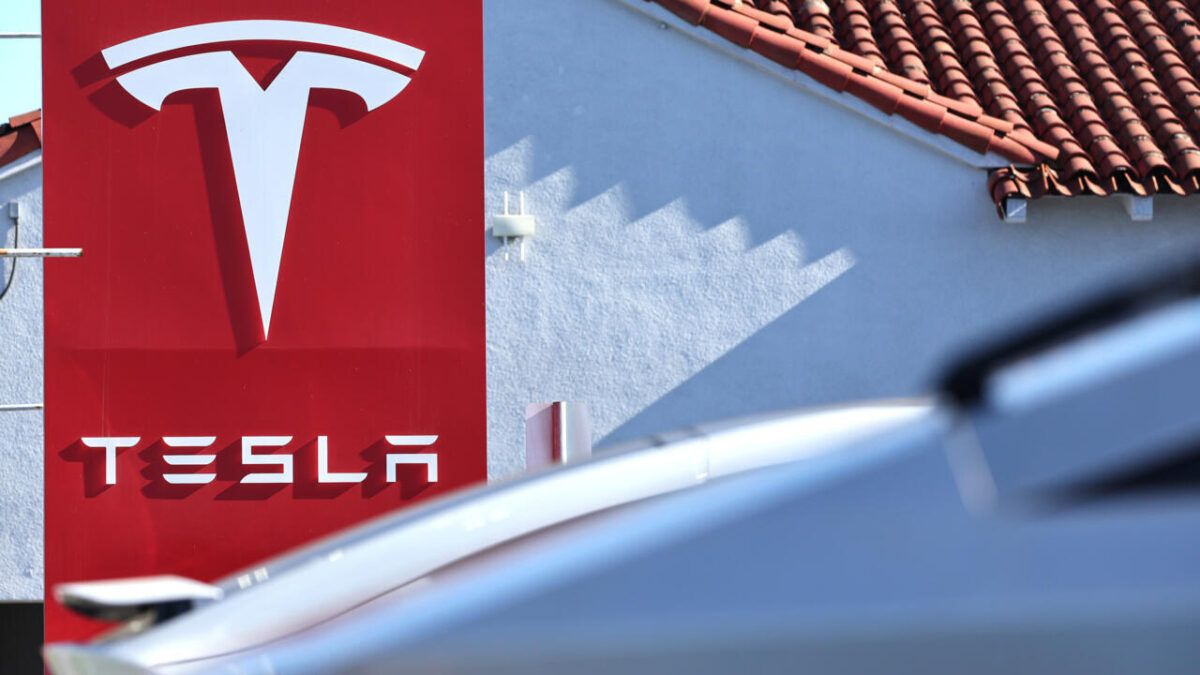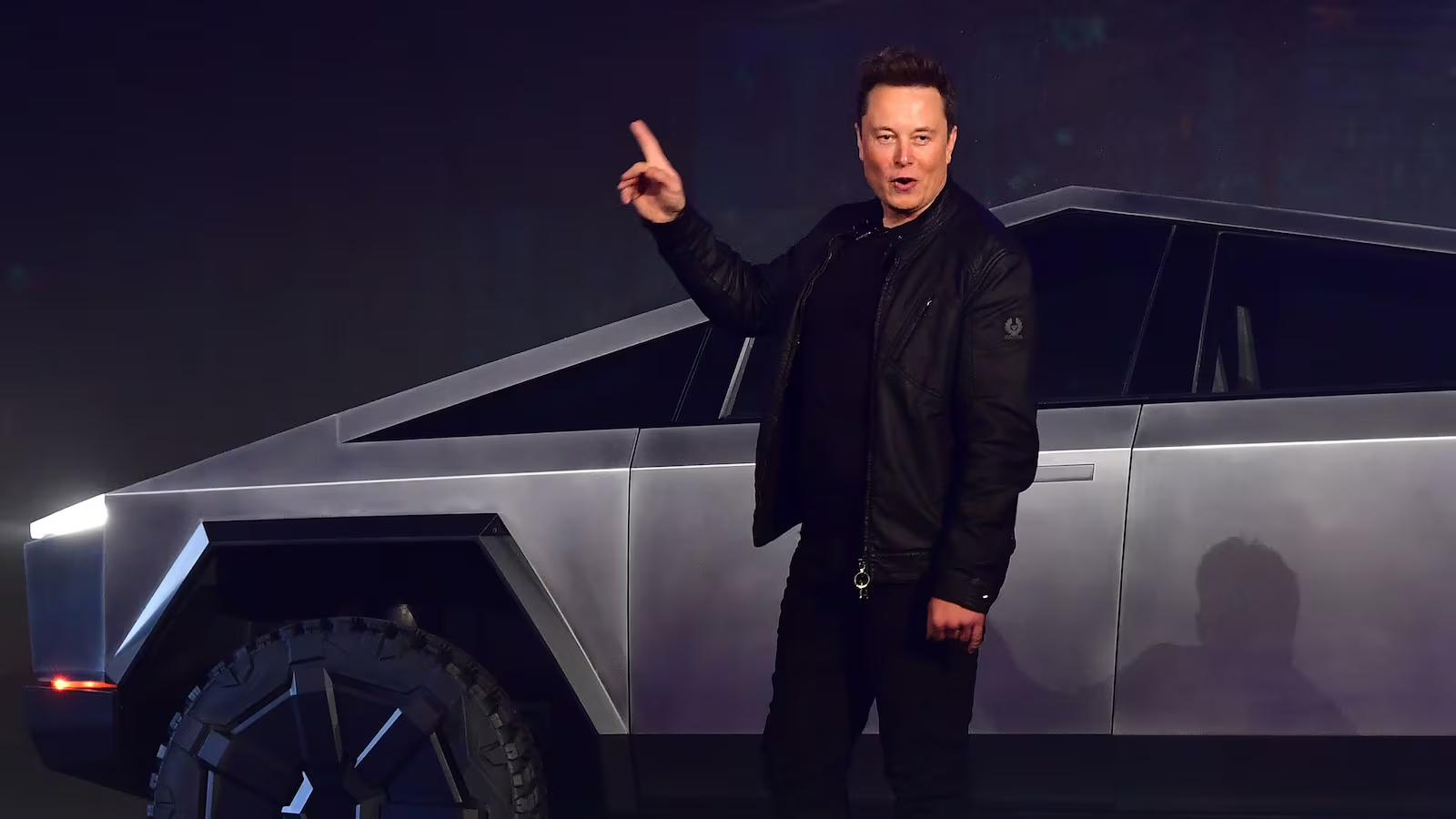In a dramatic turn of events, Tesla is engaged in a legal and public opinion battle over a $56 billion compensation package for its CEO, Elon Musk. This high-stakes dispute has captured the attention of investors, corporate governance experts, and the media.
Background of the Dispute
Initially approved in 2018, the compensation plan was designed to award Musk with stock options tied to specific performance milestones over a decade. However, the plan faced scrutiny and was eventually voided by a Delaware judge earlier this year. The court ruled that the process by which the compensation was approved was influenced unduly by Musk’s relationship with Tesla’s board members, who lacked independence.
Shareholder Vote and Corporate Maneuvering
Following the court’s decision, Tesla appealed to its shareholders, seeking to reinstate the voided compensation plan. This move highlighted a significant clash between the board’s vision and the judicial system’s oversight. Tesla argued that the pay package was crucial for retaining Musk’s visionary leadership, which has been integral to the company’s success and innovation.
Court’s Rationale and Musk’s Response
The judge’s decision emphasized that the shareholders were not fully informed about the nature of the directors’ relationships with Musk when they voted on the package. The ruling pointed out discrepancies in the transparency of the approval process, which raised concerns about the fairness of the compensation agreement.
Musk has been vocal in criticizing the decision, suggesting that companies should avoid incorporating in Delaware, a state known for its corporation-friendly laws. He even polled his social media followers about moving Tesla’s incorporation to Texas, where its main operational base is located.
Implications for Tesla and Corporate Governance
This ongoing saga not only affects Tesla’s internal dynamics but also poses broader questions about executive compensation and corporate governance. It challenges the boundaries of acceptable influence CEOs can exert over their boards and raises issues about shareholder rights and judicial oversight in corporate affairs.
As Tesla prepares for the next round of legal battles and shareholder meetings, the outcome of this dispute will likely have lasting implications for corporate governance standards across industries. It serves as a pivotal case study on the balance between executive incentive and accountability.










Add Comment